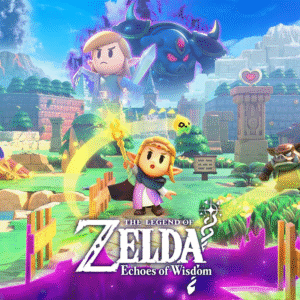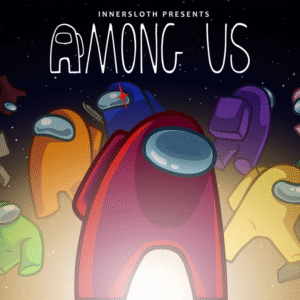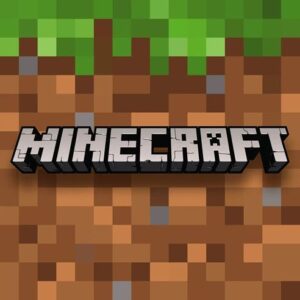Nintendo Switch Animal Crossing Killer? Analyzing Petit Planet’s Life Simulation Game Challenge to New Horizons in 2025
Popular Now
 EA SPORT FC 25
EA SPORT FC 25
 Poppy Playtime
Poppy Playtime
 Candy Crush Saga
Candy Crush Saga
 Call of Duty
Call of Duty
 CarX Street
CarX Street
 Sonic the Hedgehog™ Classic
Sonic the Hedgehog™ Classic
 R.E.P.O
R.E.P.O
 Gacha Club
Gacha Club
 Grand Theft Auto V
Grand Theft Auto V
 Warframe
Warframe
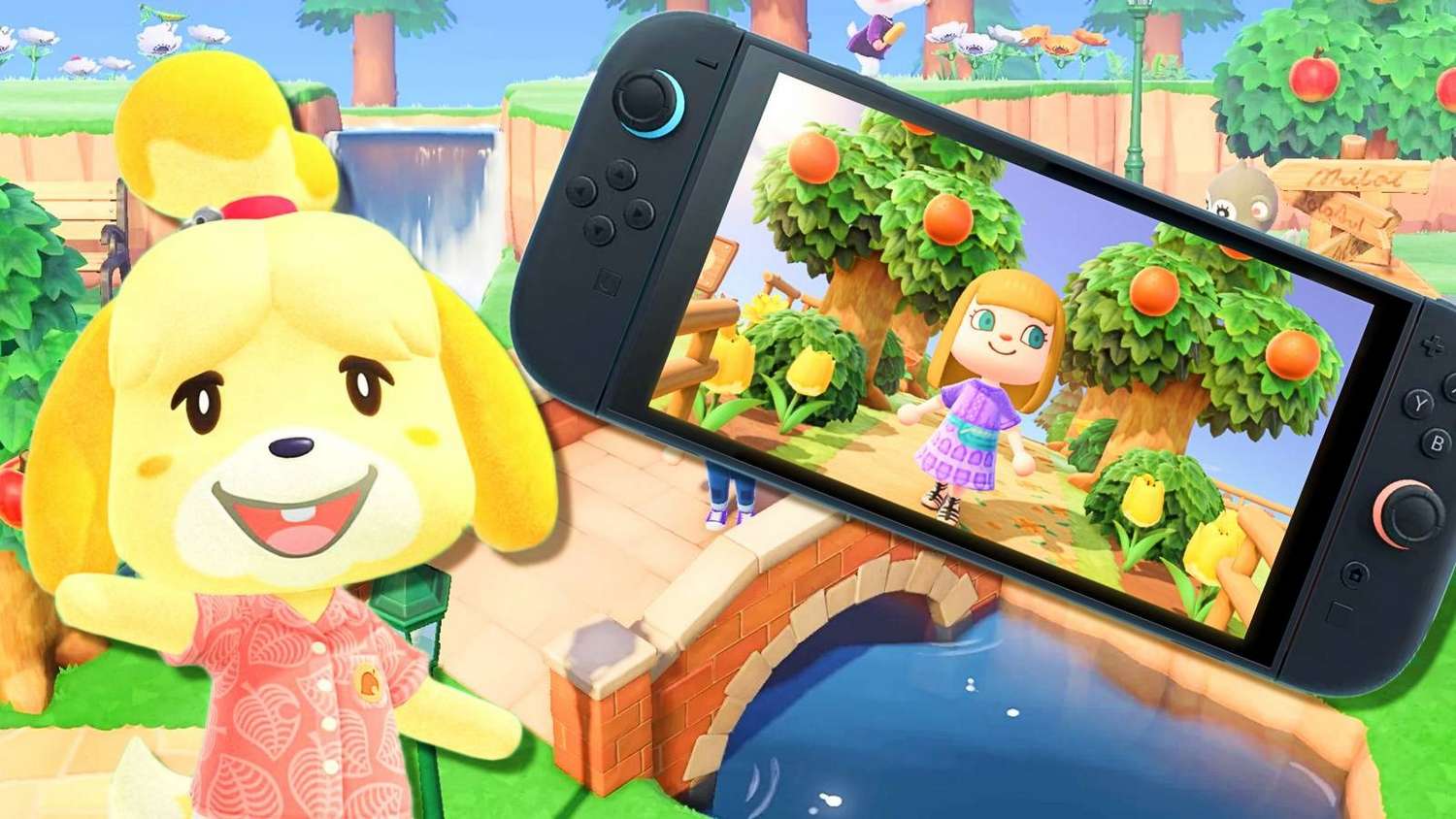
A New Horizon? Why HoYoverse’s ‘Petit Planet’ is the Most Serious Threat to Nintendo’s Cozy Gaming Throne
For years, Nintendo has held an almost untouchable monopoly on the “cozy life simulation” genre, largely thanks to the phenomenal, culture-defining success of Animal Crossing: New Horizons. The very mention of customisation, island living, and community building immediately conjures up images of Tom Nook and Isabelle. However, the latest buzz across the gaming industry, fueled by a recent surprise announcement, suggests that this unchallenged dominance is poised for its most significant test yet. The contender? None other than Petit Planet, the newly revealed project from global powerhouse, HoYoverse.
HoYoverse, the developer behind colossal free-to-play and high-engagement titles like Genshin Impact and Honkai: Star Rail, is known for crafting experiences with exceptional polish, deep monetization strategies, and unprecedented content cycles. Their foray into the life sim space with Petit Planet is not just another competitor; it’s a strategic maneuver that could redefine the market dynamics for casual gamers and digital entertainment enthusiasts worldwide.
The Nintendo Niche: A Foundation Built on Charm and Exclusivity
The foundation of Animal Crossing’s success is its inherent charm, a relaxed, low-stakes gameplay loop, and, crucially, its exclusivity to the Nintendo Switch console. The limited platform availability, while frustrating for PC and mobile gamers, has historically been a protective moat, driving hardware sales and solidifying a dedicated, premium-paying user base. This exclusivity has kept the premium gaming experience squarely in Nintendo’s court.
However, the life sim genre is exploding, with countless indie and mid-tier titles—like Disney Dreamlight Valley, Stardew Valley, and Hello Kitty Island Adventure—vying for attention. What sets Petit Planet apart is the sheer scale and technical capability of its developer. HoYoverse isn’t just making a cozy game; they are engineering an ecosystem, a fact that should alarm every stakeholder in Nintendo’s intellectual property portfolio.
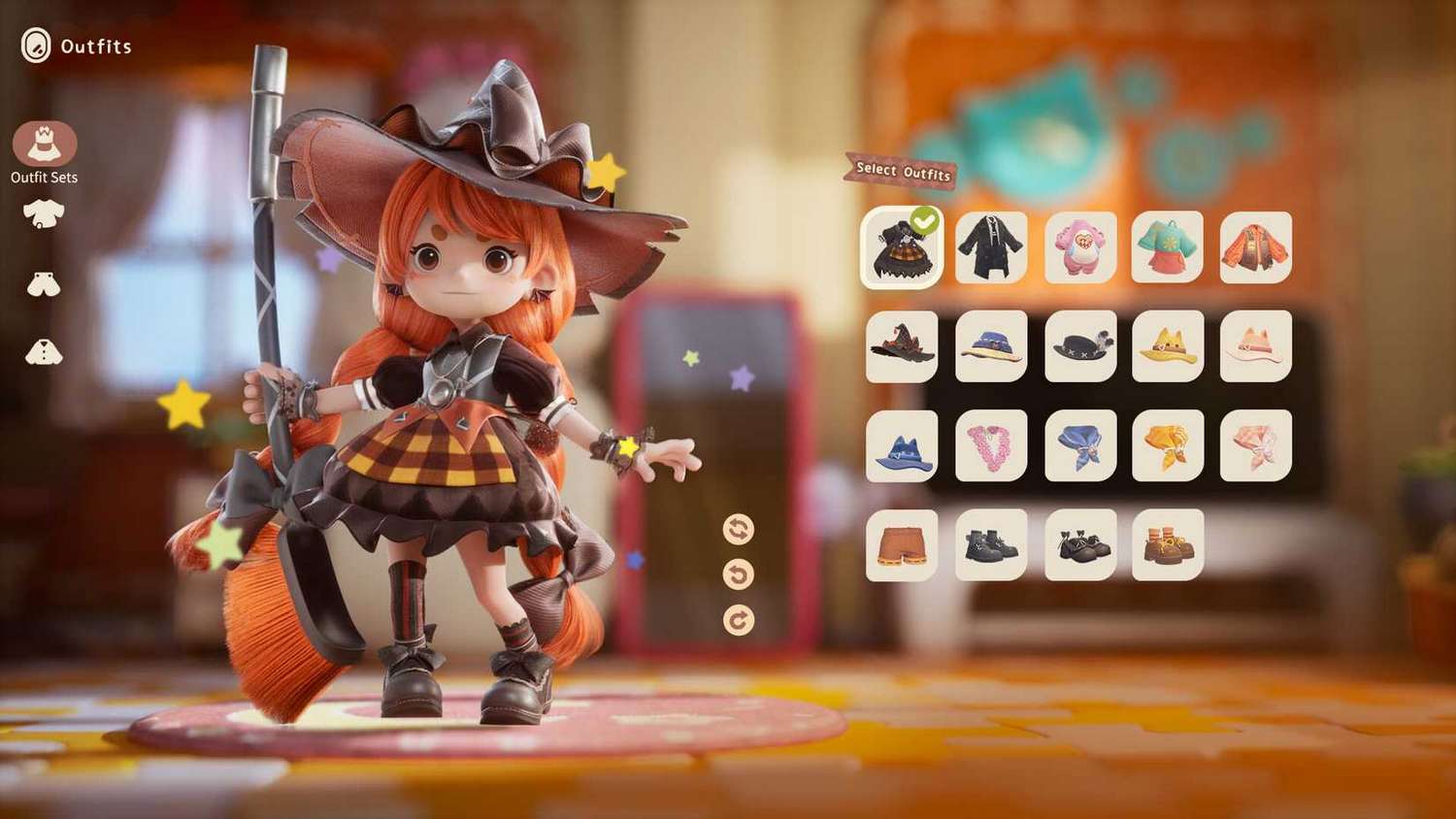 Petit Planet: Leveraging The HoYoverse Advantage
Petit Planet: Leveraging The HoYoverse Advantage
The core proposition of Petit Planet, based on early development insights and promotional material, is to blend the joy of creation, discovery, and community into a single, seamless, and—significantly—multiplatform experience. The key differentiators lie in several strategic areas that directly tackle the perceived weaknesses of the Animal Crossing model.
- Multiplatform Accessibility: Petit Planet is confirmed for PC and mobile, with other platforms strongly hinted at. This instantly broadens the target audience beyond the current Nintendo Switch user base, opening the floodgates to millions of mobile gaming users and PC enthusiasts who crave a high-quality life sim. This move alone dramatically increases its potential for massive user acquisition and long-term revenue generation.
- The Content-as-a-Service (CaaS) Model: HoYoverse specializes in the CaaS model, providing continuous, high-quality, and often massive content updates, sometimes monthly. This stands in stark contrast to the more traditional console game development cycle, where large updates are more infrequent. This constant stream of fresh content is a potent tool for maintaining player engagement and maximizing the lifetime value (LTV) of players.
- Deep Customization and Social Features: Early glimpses suggest a level of customization, both for the player character and their celestial environment, that exceeds current genre standards. Crucially, the focus on “community-oriented experiences” suggests robust multiplayer functionality—a feature that Animal Crossing fans have often cited as needing significant improvement. High-quality, seamless co-op and social interaction are high-CPC gaming keywords for a reason; they drive sustained in-game purchases and user retention.
SEO and High CPC Keyword Strategy: The Digital Battlefield
For any new life simulation title to compete with a cultural behemoth, a strong SEO strategy and a focus on high-value online advertising keywords are essential. The battleground for search traffic is already saturated with terms like “best cozy games,” “Animal Crossing alternatives,” and “Switch games like Stardew Valley.” Petit Planet’s developers must use their marketing muscle to dominate high-CPC terms that reflect their unique value proposition:
- “Next-Gen Life Sim”: Positions the game as a technological and design successor, not just a clone.
- “HoYoverse New Game”: Capitalizes on the massive, loyal fanbase and high search volume associated with the developer’s brand.
- “Multiplatform Customization Game”: Highlights the cross-device freedom and deep personalization that is a major selling point against the Nintendo exclusive model.
- “Free-to-Play Life Simulation”: Leverages the power of the “free” model, a massive draw for new users, especially those migrating from mobile gaming.
The economic impact of this new title on the global gaming market is significant. Every player Petit Planet successfully attracts represents a potential shift in digital spending away from Nintendo’s ecosystem. It pressures Nintendo to not only innovate on their next console’s life sim offering but also to rethink their overall content delivery model to compete with the aggressive CaaS model.
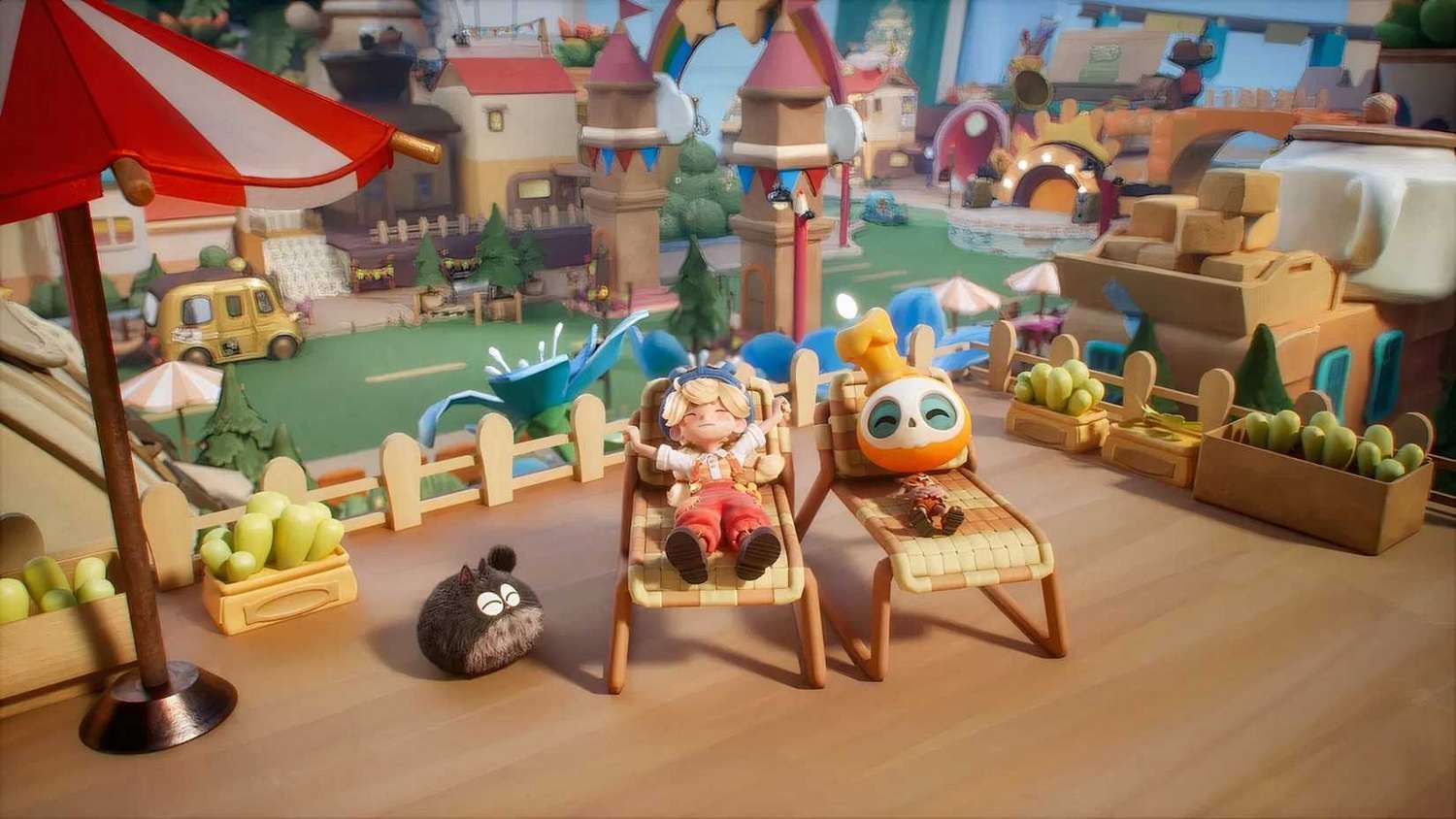 Market Outlook: Is the Crown Really in Danger?
Market Outlook: Is the Crown Really in Danger?
While the announcement is a powerful opening salvo, dethroning Animal Crossing is an arduous task. The nostalgia, brand loyalty, and established community are formidable. However, recent developments point to a clear opportunity for a serious competitor:
- The Hardware Barrier: With speculation surrounding the pricing and availability of the rumored Nintendo Switch 2 (Switch Pro), new hardware can create a barrier to entry. A high-quality, free-to-play, cross-platform alternative becomes an extremely attractive and low-risk option for players hesitant about a new console purchase.
- Innovation Expectation: The Animal Crossing: New Horizons community is mature and hungry for the next major innovation. If Petit Planet launches with revolutionary new features, particularly in social and creation tools, it could capture the attention of a critical mass of veteran life sim players looking for a more modern experience.
- HoYoverse’s Track Record: The company has a proven ability to attract and retain hundreds of millions of players and generate billions in microtransaction revenue. They understand the psychology of long-term engagement and game design at a scale few others can match.
In conclusion, the days of Nintendo’s unchallenged reign in the cozy life sim genre appear to be drawing to a close. HoYoverse’s Petit Planet isn’t just an “Animal Crossing-like”; it is a technologically advanced, strategically positioned, cross-platform challenger engineered to compete directly for the player’s time and money. The new wave of life simulation is here, and it is built not on an island, but across a galaxy of digital entertainment platforms.

